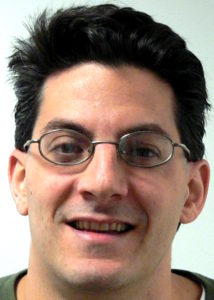The “self” part of self-control can be a new concept for many college students. For years, they had parents and teachers to keep them on track. Then college comes, with its many demands and distractions, and students find themselves baffled by their own dumb mistakes.
“We ask ourselves, ‘Why did I do that?’” said Todd Braver, professor of psychological and brain sciences in Arts & Sciences at Washington University in St. Louis. “That question is the holy grail of the mind and brain — how does the brain control itself? What part of the brain is the controller and what parts are the ones being controlled?”
Braver introduced incoming first-year students to “The Brain Basis for Self-Control” during the summer SOAR program. It’s a topic he cares about a lot. He is, after all, a neuroscientist, a faculty fellow for Brookings Residential College, a parent of two adolescent daughters, and – oh yeah – a human.

“There is a saying that we all end up studying our own pathologies,” Braver said with a laugh. “I’m not good at self-control either, but I am fascinated by the mystery of our brains. On one hand, humans’ ability to engage in self-control is one of our most cherished abilities and has led to all the advances that human society has been able to create. On the other, our lack of self-control is the root source, in my mind, of many of our greatest societal problems — climate change, racism, poverty.”



